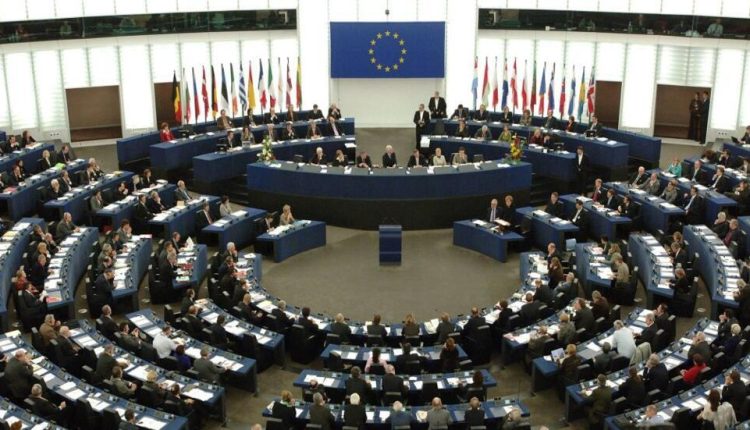EU Agrees on Roadmap to Ease Sanctions on Syria After Assad’s Removal
By Kardo Roj
DAMASCUS, Syria (North Press) – European Union foreign ministers agreed on Monday to a “roadmap” for easing sanctions on Syria following the removal of President Bashar al-Assad. The announcement was made by the EU’s foreign policy chief, Kaja Kallas, in a statement on the social media platform X.
“We want to move quickly, but the lifting of sanctions can be reversed if wrong decisions are made,” Kallas stated, signaling the EU’s intent to conditionally ease restrictions.
Details of the Roadmap
According to three diplomats and an EU document reviewed on Sunday, the bloc may consider suspending sanctions on Syria’s energy and transport sectors. However, financial transactions with Syria would remain restricted under the current framework.
The roadmap is designed to foster economic stability and pave the way for post-conflict reconstruction in Syria. Several diplomats from the 27-member bloc recommended taking swift action to lift restrictions in critical sectors necessary for rebuilding the country’s economy.
Focus on Stability and Reconstruction
Diplomats stressed that the lifting of sanctions in specific areas, such as energy and transportation, would be crucial to supporting economic recovery and stability. These measures, they argue, would also create conditions for international support in rebuilding Syria after years of conflict.
“The priority is to ensure that essential sectors like energy and transport can contribute to economic stabilization without compromising accountability or political reform,” said an EU diplomat familiar with the discussions.
Sanctions Background
The EU first imposed sanctions on Syria in 2011 in response to government actions during the civil war. These sanctions targeted individuals, entities, and key sectors such as energy, finance, and transportation. Over the years, the sanctions regime has expanded, significantly impacting Syria’s economy.
With the proposed roadmap, the EU seeks to balance the need for economic recovery with its commitment to political reform and accountability. The gradual easing of sanctions would depend on continued political progress and adherence to international standards.
Challenges and Conditions
While the agreement represents a significant shift in EU policy, it also faces challenges. The decision to suspend sanctions will require consensus among all 27 member states, some of which have expressed concerns about prematurely easing restrictions.
Kallas emphasized that the roadmap includes mechanisms to reimpose sanctions if Syria’s leadership fails to meet conditions tied to democratic reforms, human rights, and accountability for wartime abuses.
Implications for Syria
The roadmap, if implemented, could open new pathways for international engagement in Syria and provide relief to sectors crippled by years of economic isolation. However, analysts caution that the process will require careful monitoring to ensure compliance with international norms and prevent misuse of newly restored economic freedoms.
The EU’s decision marks a significant step in its Syria policy, signaling both an opportunity for economic recovery and a clear warning of accountability should progress falter.

